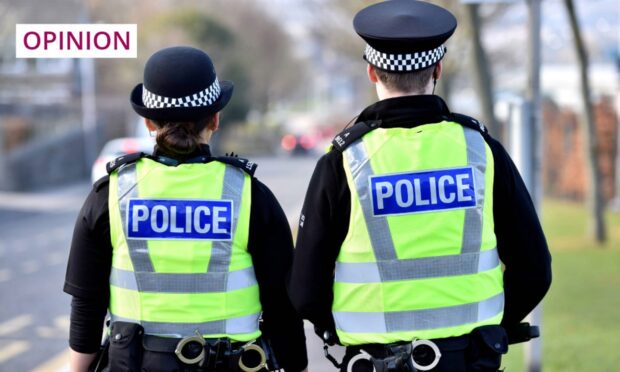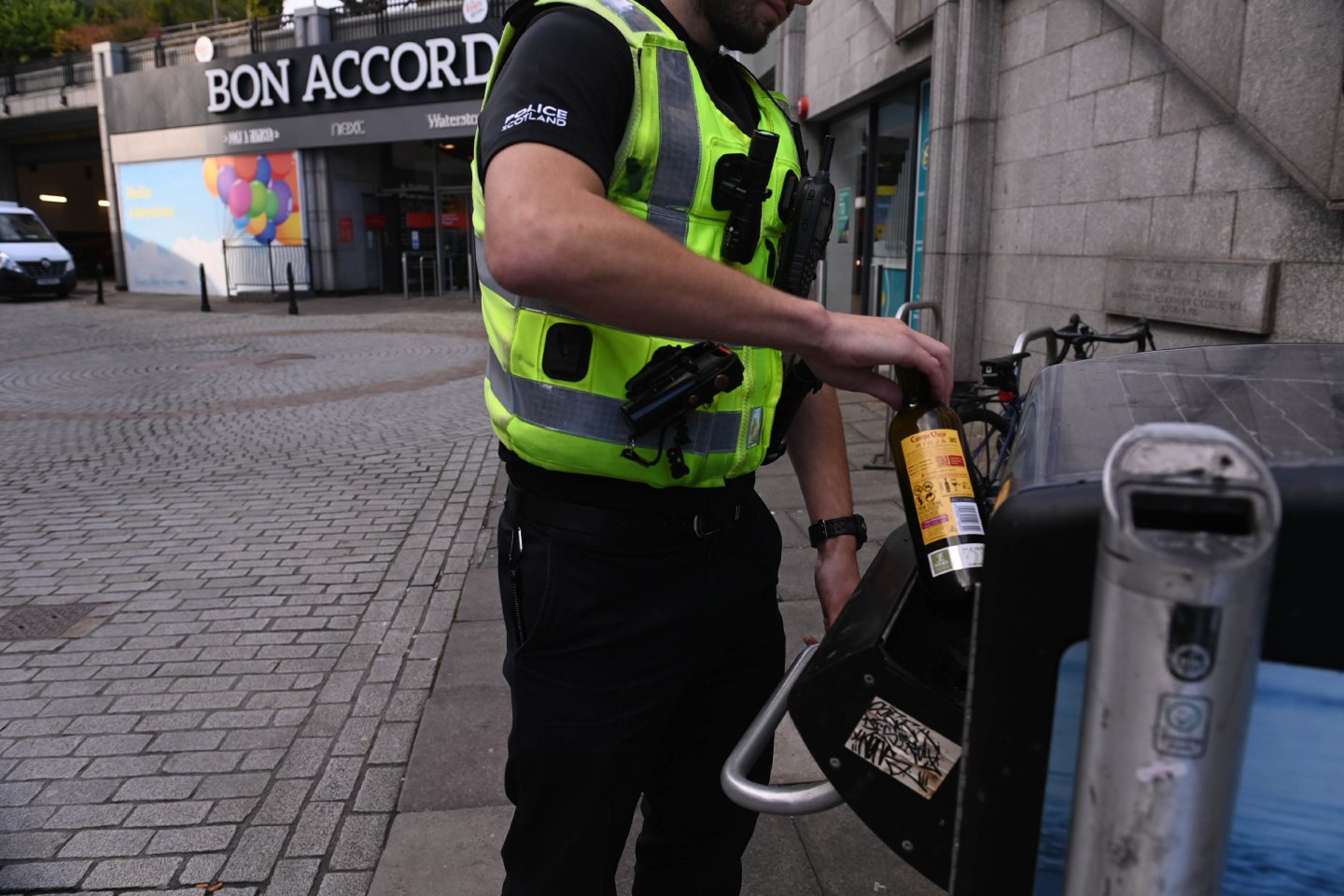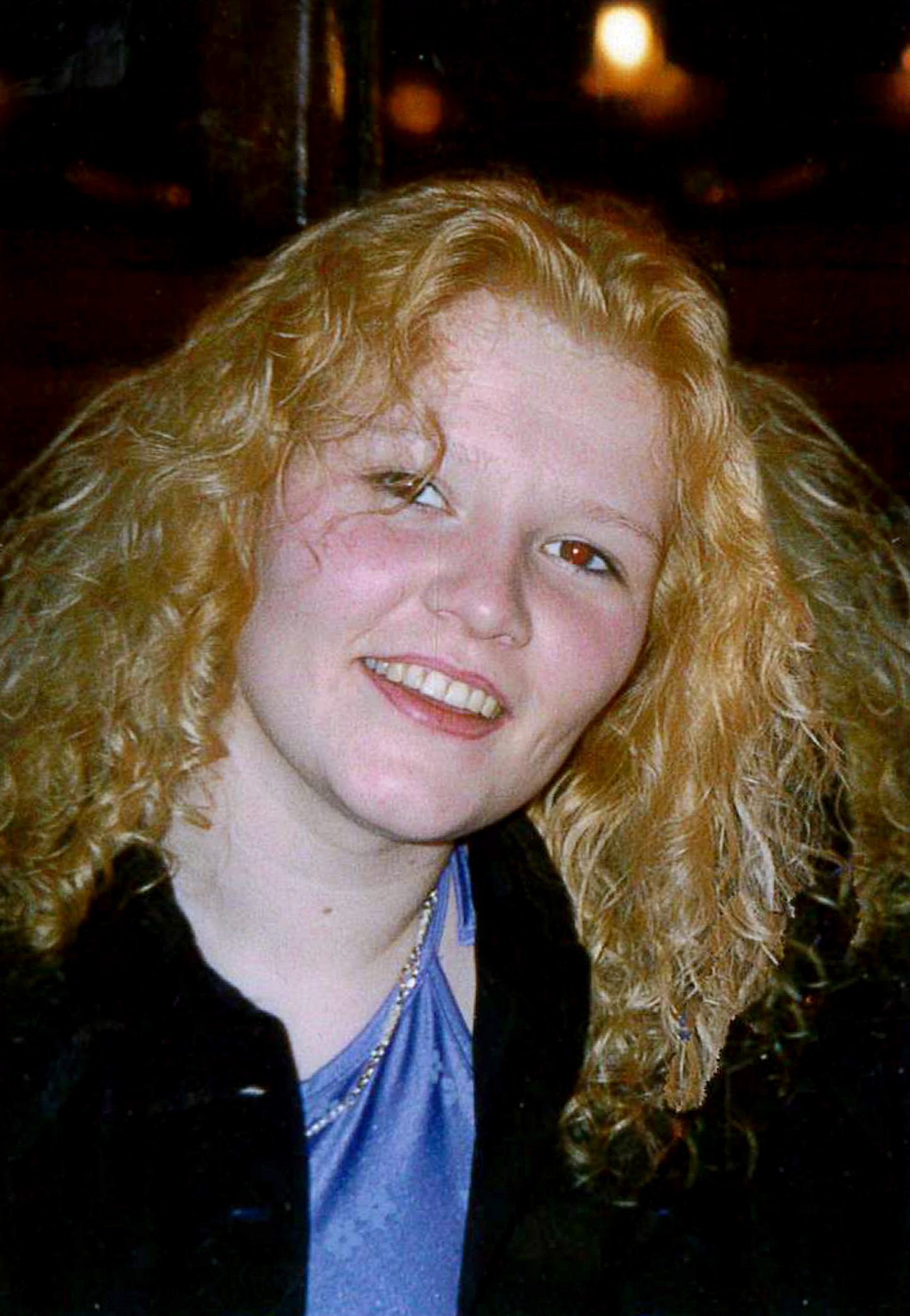I knew it was an open-and-shut case before it started. After all, if we ask police officers to carry out less work, what do we expect?
They bite your hand off, obviously. You don’t have be Sherlock Holmes or even Inspector Clouseau to come to that conclusion.
And, so, it came to pass: a trial scheme was undertaken by north-east police, who were ordered to drop investigations into one in 20 “minor” crimes. Now it is being rolled out across the rest of Scotland’s police forces as official policy, which is hardly a great surprise given the haste with which it was all done and dusted.
The pilot scheme must have gone really well, but for whom? For us or them? I have a pretty strong hunch about that.
In theory, according to the official line being punted out, police officers will be able to devote more attention to bigger crimes, which should benefit all involved – although not the criminals, hopefully.
The proof is in the pudding, of course, and I wonder if this bold claim will be borne out by the statistics and public opinion a year down the line. If we get to hear about it, that is, because the governing authorities in Scotland are hardly renowned for their transparency.
Will people in vulnerable communities blighted by crime feel any safer? And will the yobs and crooks feel emboldened by a perception that officers don’t want to be bothered with small-time crime?
Perception quickly becomes fact. Just look at how the incessant “don’t bother the NHS” mantra caused countless deaths among non-Covid people who were seriously ill.
How to define ‘minor’
The nagging issue for me is that I have a big problem with the definition of the sort of “minor” offences which will no longer be investigated.
The official explanation is that they are not worth the time and effort when offering little chance of success, due to lack of witnesses or other corroborating evidence. But what might seem minor when discussed in the police canteen is actually pretty major in the kitchens of ordinary families who are victims of crime.
It may be categorised as petty or at the bottom of the scale to police professionals – vandalism and other sorts of low-level offending, for example – but causes untold stress and misery to those on the receiving end.
Anti-social behaviour is another, but I don’t think police or council officials bother with this scourge of normal decent life anymore either. Or not as far as I can see; I’m not aware of any crackdowns to make those of an anti-social disposition change their behaviour.
In some of these supposedly “minor” cases, a specific investigation might well turn out to be disproportionate, but it should be probed a little deeper to start with.
The police appears to be skint like everyone else, so the likelihood of such a response to costly yet low-level crime is remote
Or, a follow-up strategy using targeted police patrols and other activities, where appropriate, might work wonders for public confidence. It’s a simple solution, but costs money in terms of manpower.
The police appears to be skint like everyone else, so the likelihood of such a response to costly yet low-level crime is remote.
Can the police be trusted with these decisions?
The reason behind this fundamental shift in crime-fighting is not solely down to sensible policing to benefit communities, but more to do with the politics of working within tight budgets.
When a senior officer trotted out examples of the types of cases which would no longer be investigated, it all seemed plausible on the face of it. Bumper damage in a car park; ornaments stolen from a garden; a phone missing from an unattended handbag in a park.
But there must be a multitude of other “minor” complaints which fall into a grey area, where it is a matter of opinion whether there is merit in an investigation.
Can the police be trusted with these decisions? And how can an ordinary victim challenge the system? There’s no chance, because the police are acting as judge and jury.
Just look at extreme examples of how police mess up, even in major cases; Emma Caldwell’s murder, for example.
The senior officer’s glib assurance that this new policy was only an extension of what officers always did in the past informally had a hollow ring to it.
By the very act of formalising a strategy of no action on some lesser crimes, they are lowering the bar on police standards. The pressure will be on to bin as much minor stuff as possible in order to meet their targets.
Whatever next? Ditching investigations into mid-level crimes somewhere between minor and serious?
And, surely, inevitably, the net could widen to include a bigger variety of crime. Give an inch, take a mile, as they say.
Many communities already feel abandoned by local authorities and police, so is this another nail in the coffin?
Whatever next? Ditching investigations into mid-level crimes somewhere between minor and serious? It’s an arresting thought.
David Knight is the long-serving former deputy editor of The Press and Journal



Conversation